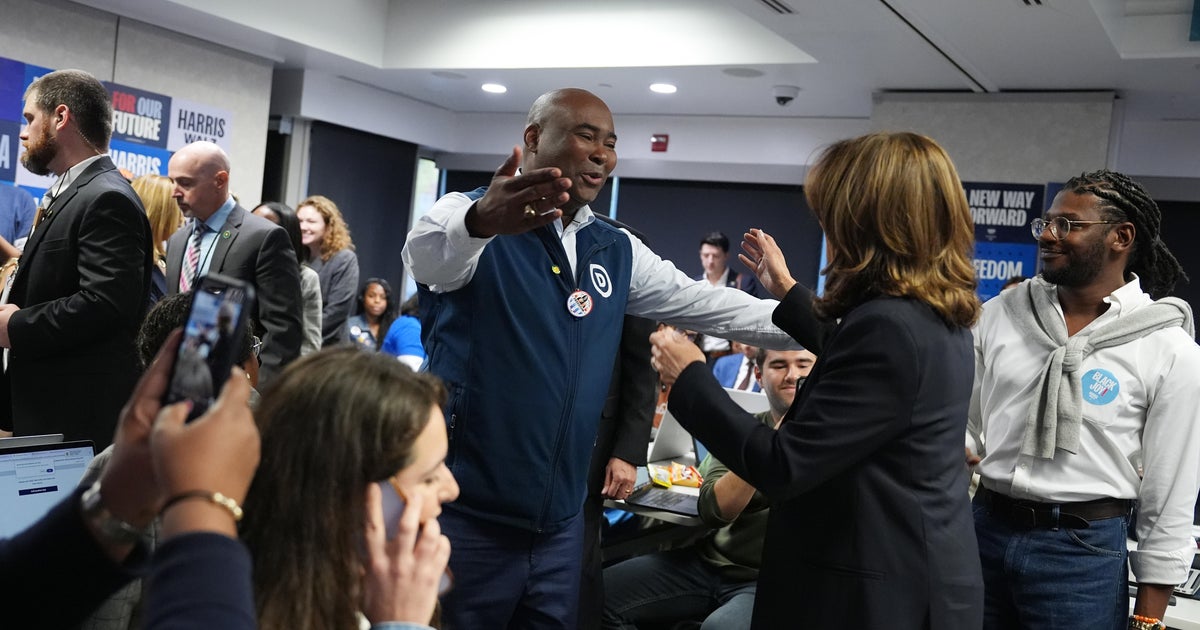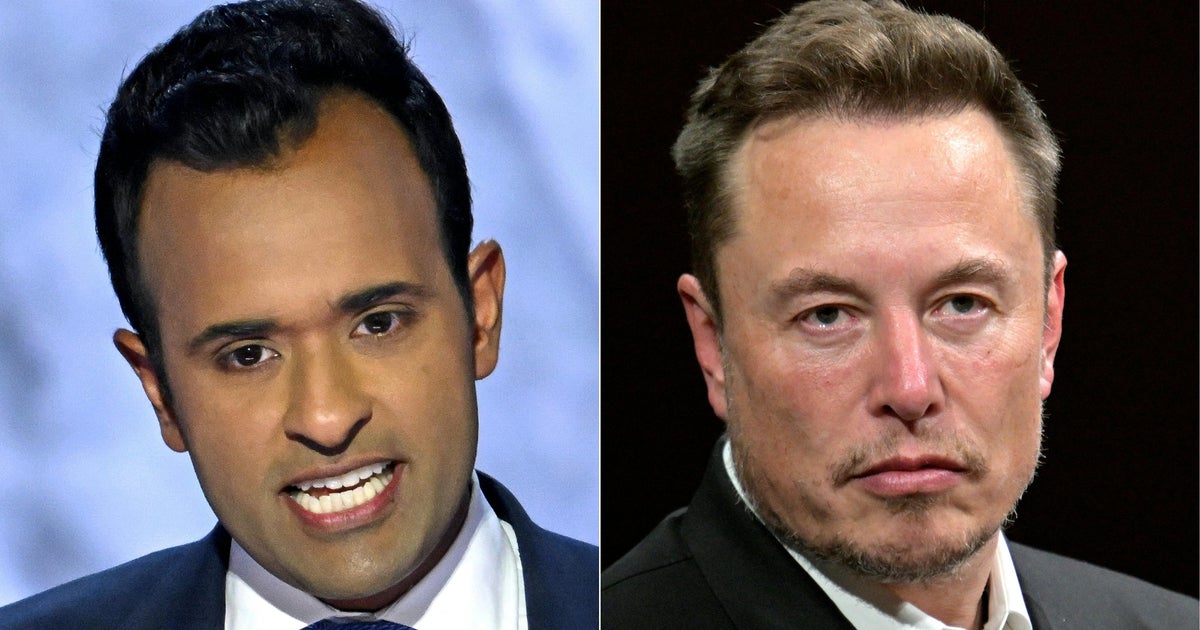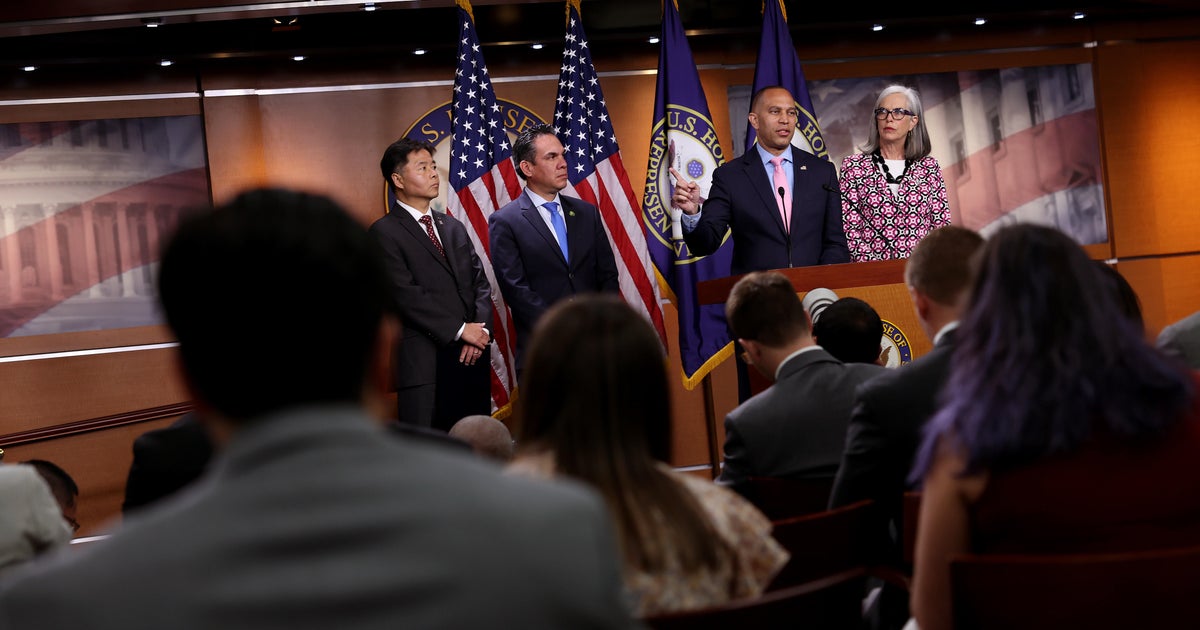Elizabeth Warren tells Bill Gates she will explain her wealth tax to him
- Bill Gates said he might have to pay $100 billion of his $109 billion fortune under Senator Elizabeth Warren's wealth tax, although he added he was kidding.
- Warren is proposing a 6% wealth tax on fortunes above $1 billion to help fund "Medicare for All."
- Gates is just one of several billionaires who have questioned Warren's plan, with banker Jamie Dimon complaining Warren is vilifying his ilk.
Senator Elizabeth Warren said she would "love to explain" to Bill Gates how much he would pay under her proposed wealth tax after the world's second wealthiest person said he believed he might fork out $100 billion under the levy.
Gates, who added he was "just kidding" after making the remark, is just one of several billionaires who have spoken out against Warren's wealth tax, which would add a 6% surcharge on fortunes above $1 billion to raise money for her "Medicare for All" plan.
Gates is one of several billionaires who have publicly questioned Warren's plan. On Tuesday, JPMorgan Chase's Jamie Dimon — worth an estimated $1.6 billion — told CNBC that the Democratic presidential candidate "vilifies successful people." Billionaire investor Leon Cooperman, meanwhile, was reduced to tears while discussing the 2020 election on CNBC, saying he believes Warren is calling billionaires "deadbeats."
The debate over taxation and fairness comes amid rising wealth inequality. While the U.S. tax system is supposed to be progressive, meaning that wealthier households pay a larger share of their income in taxes than the middle class and the poor, America's 400 richest families now pay a lower tax rate than people in the middle class, according to recent research from two prominent economists, Emmanuel Saez and Gabriel Zucman of the University of California at Berkeley.
Speaking at the New York Times' Dealbook conference Wednesday, Gates expressed concern about Warren's proposed tax, although he added that he's in support of progressive taxation.
"I've paid over $10 billion in taxes. I've paid more than anyone in taxes," Gates said. "But when you say I should pay $100 billion, then I'm starting to do a little math over what I have left over."
Sanders weighs in: Billionaires "cannot have it all"
Senator Bernie Sanders, who has proposed his own wealth tax to fund social programs, jumped into the fray on Thursday, tweeting that Gates would still be a multi-billionaire even if he paid $100 billion in wealth taxes.
"We could end homelessness and provide safe drinking water to everyone in this country," he wrote. "Our message: the billionaire class cannot have it all when so many have so little."
If Gates paid a 6% tax on his wealth above $1 billion, he would pay an estimated $6.5 billion per year to the IRS on his fortune, excluding any other income and investment taxes and the 2% additional wealth tax proposed by Warren on wealth above $50 million.
But Gates' fortune is managed by Cascade Investment, a holding company that invests his funds and manages his Microsoft stock. And Bloomberg's Billionaire Index estimates Gates' annual returns on those investments at 7.5% — in other words, his wealth could accumulate, albeit at a much slower rate, even if he faced a 6% wealth tax.
Have a sit-down?
Gates also said he wasn't sure if Warren would meet with him. "I don't know how open-minded she is or if she'd even be willing to sit down with somebody who has large amounts of money," he said.
Warren shot back on Twitter, saying she'd be happy to sit down with him.
"I'm always happy to meet with people, even if we have different views," she wrote, tagging Gates in her tweet. "If we get the chance, I'd love to explain exactly how much you'd pay under my wealth tax. (I promise it's not $100 billion.)"
Not only is Gates the wealthiest of the country's billionaire crowd to weigh in on Warren's wealth tax, but also one of the most philanthropic. He and his wife, Melinda Gates, co-created the Giving Pledge with fellow billionaire Warren Buffett, which is a vow to give away the bulk of their personal fortunes to charity during their lifetimes.



